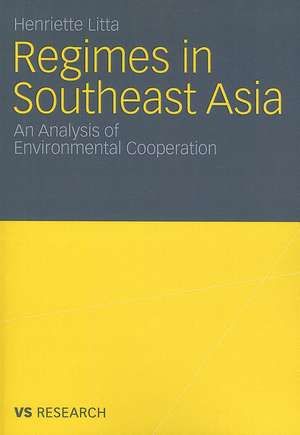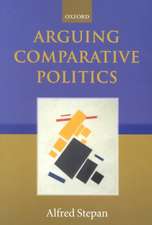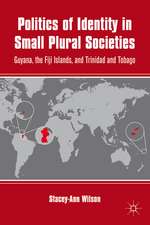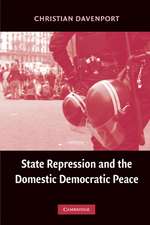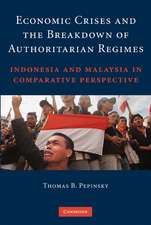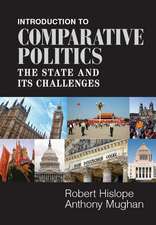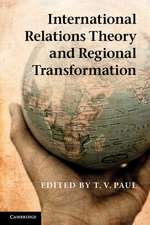Regimes in Southeast Asia: An Analysis of Environmental Cooperation
Autor Henriette Littaen Limba Engleză Paperback – 21 oct 2011
Preț: 381.98 lei
Nou
Puncte Express: 573
Preț estimativ în valută:
73.10€ • 76.12$ • 61.78£
73.10€ • 76.12$ • 61.78£
Carte tipărită la comandă
Livrare economică 11-25 martie
Preluare comenzi: 021 569.72.76
Specificații
ISBN-13: 9783531184821
ISBN-10: 3531184822
Pagini: 216
Ilustrații: 216 p. 10 illus., 1 illus. in color.
Dimensiuni: 148 x 210 x 20 mm
Greutate: 0.27 kg
Ediția:2012
Editura: VS Verlag für Sozialwissenschaften
Colecția VS Verlag für Sozialwissenschaften
Locul publicării:Wiesbaden, Germany
ISBN-10: 3531184822
Pagini: 216
Ilustrații: 216 p. 10 illus., 1 illus. in color.
Dimensiuni: 148 x 210 x 20 mm
Greutate: 0.27 kg
Ediția:2012
Editura: VS Verlag für Sozialwissenschaften
Colecția VS Verlag für Sozialwissenschaften
Locul publicării:Wiesbaden, Germany
Public țintă
ResearchNotă biografică
Henriette Litta has studied Political Science in Berlin, Philadelphia and Singapore. She is currently working as Associate to the Dean of the Hertie School of Governance.
Textul de pe ultima copertă
In the context of massive environmental problems in Southeast Asia, the countries in the region have decided – at least in some instances – to create regimes to solve these problems jointly. This empirical observation is surprising, given the Southeast Asian countries’ general reluctance to regional cooperation, the governance and budgetary constraints that are typical for developing countries and the huge heterogeneity of the involved countries in terms of environmental vulnerability, economic capacity and hegemonic power. This book analyzes the creation and effectiveness of two environmental regimes, one on transboundary haze pollution and a second on resource management of the Mekong. It will be shown that regime creation is extremely problematic and strategies to overcome conflicting actor constellations are mostly lacking.
Caracteristici
Creation and Effectiveness of Environmental Regimes
